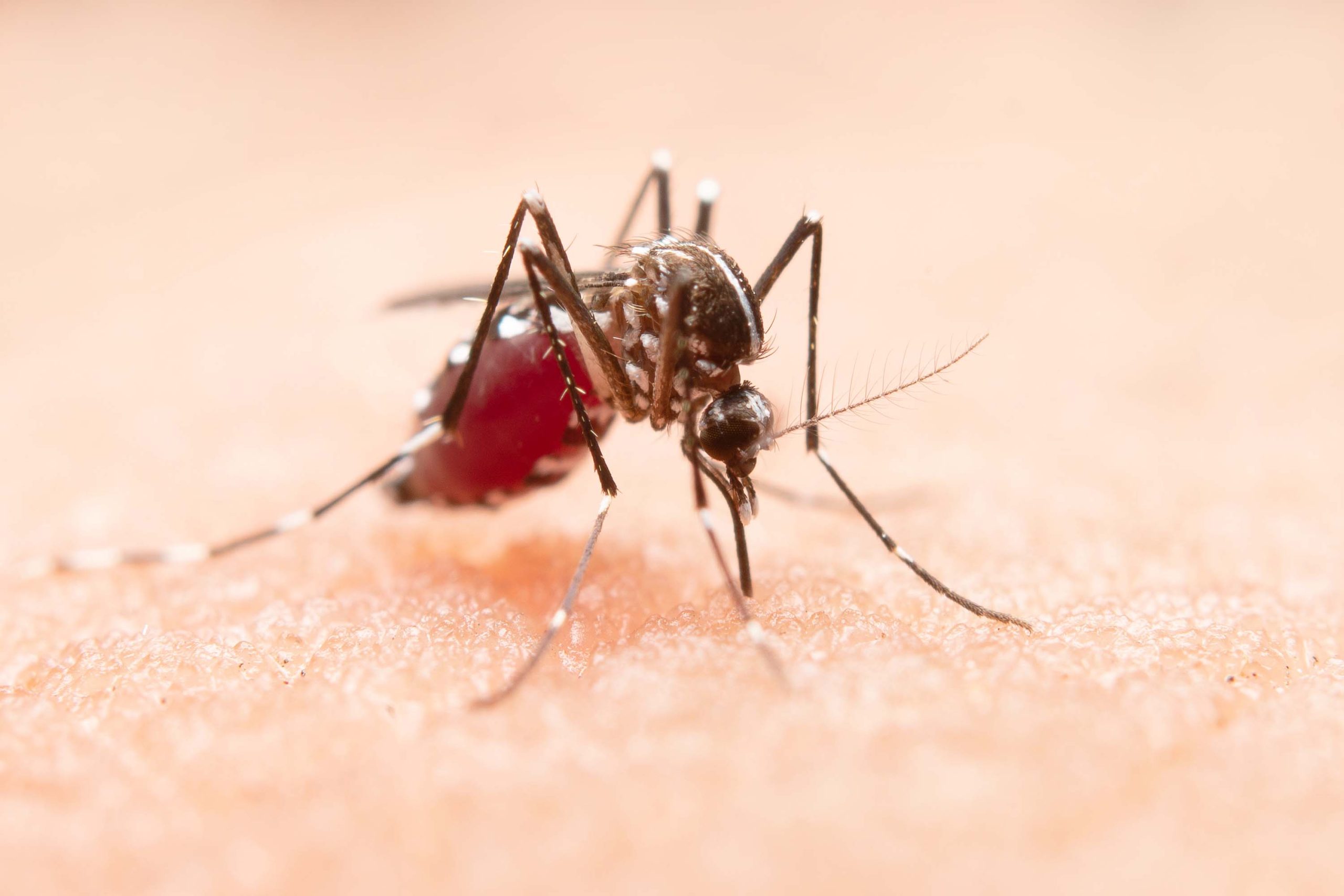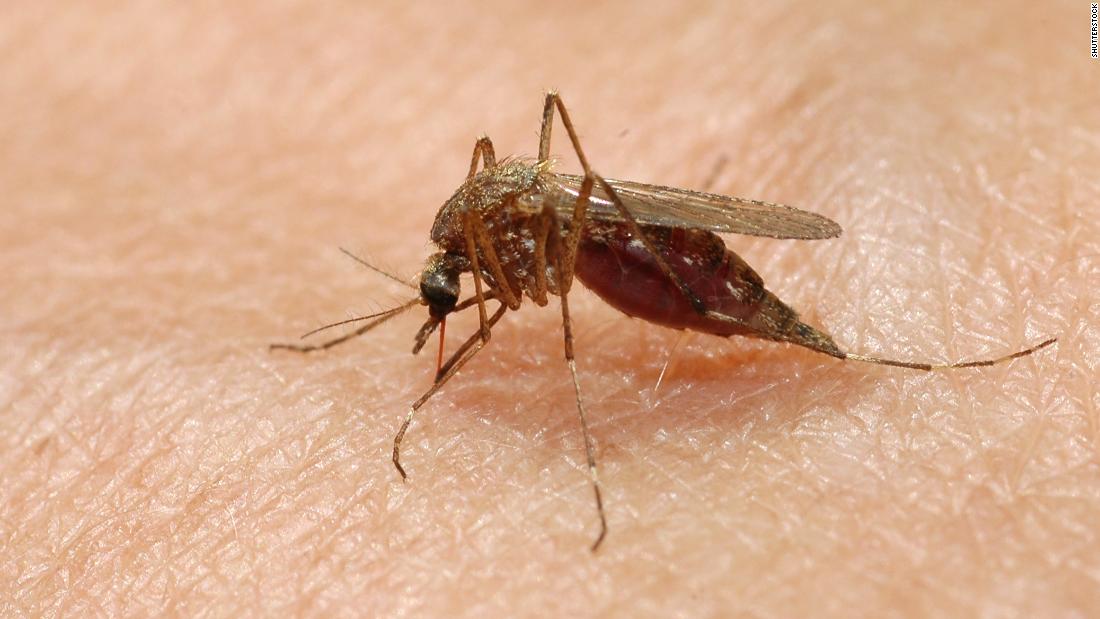A rare and deadly mosquito-borne disease, eastern equine encephalitis (EEE), has prompted significant public health measures in Massachusetts. In response to the detection of the disease, the town of Plymouth has closed its parks and recreational facilities from dusk to dawn. This action follows the infection of a horse in the area and the first human case of EEE in Massachusetts since 2020, involving an elderly man.
State health officials have identified four towns—Douglas, Oxford, Sutton, and Webster—as being at “critical risk” for EEE after a man from Oxford contracted the virus. In these towns, authorities are advising residents to avoid outdoor activities during peak mosquito hours, recommending that all outdoor activities end by 6 p.m. until September 30 and by 5 p.m. thereafter until the first hard frost.
Local officials have been proactive in spreading awareness about the severity of EEE. Jennifer Callahan, Oxford’s town manager, shared that the family of the infected man, who remains hospitalized, emphasized the seriousness of the disease and urged the public to follow health advisories.

The man’s family noted that he had rarely been bitten by mosquitoes in the past but was bitten just before showing symptoms, underscoring the unpredictable nature of the disease.
EEE, though rare, is extremely dangerous with no available vaccine or treatment. The disease has a high mortality rate, with about 30% of those infected dying from it, according to the U.S. Centers for Disease Control and Prevention (CDC).
Survivors often suffer from severe, permanent disabilities. The virus, which is primarily spread by birds, occasionally infects humans and some mammals, but these infected individuals do not transmit the disease further.
Given the severity of EEE and its presence in Massachusetts, health officials are urging all residents to take preventive measures seriously. This includes using mosquito repellents and eliminating standing water around homes, as these steps are crucial in reducing the risk of infection during the active mosquito season.
The recent history of EEE in Massachusetts, with multiple deaths during past outbreaks, highlights the need for vigilance as the state navigates this public health threat.
